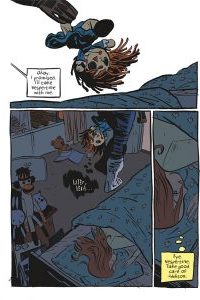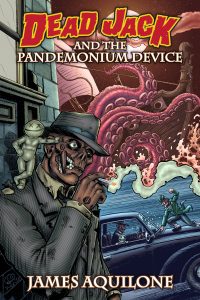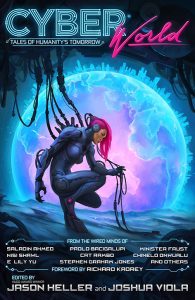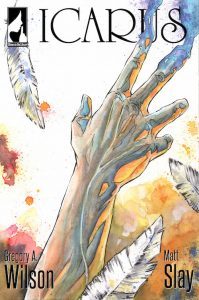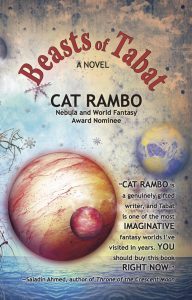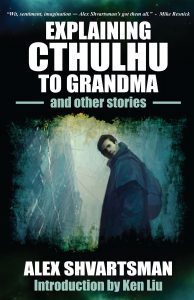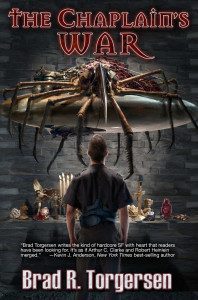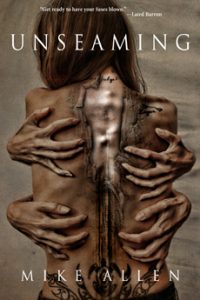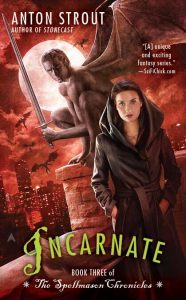Scott Westerfeld Guest Post–“Sisters and Family in Spill Zone”
Spill Zone is about what we’re left with after our family is destroyed.
It’s about two sisters, Addison and Lexa, who’ve lost their parents and hometown in an event called the Spill. The older sister, Addison, is left with the task of raising and providing for Lexa, which is in some ways like trying to keep a culture alive. Every family is its own world, after all. Only the people ...Read More
Read more

